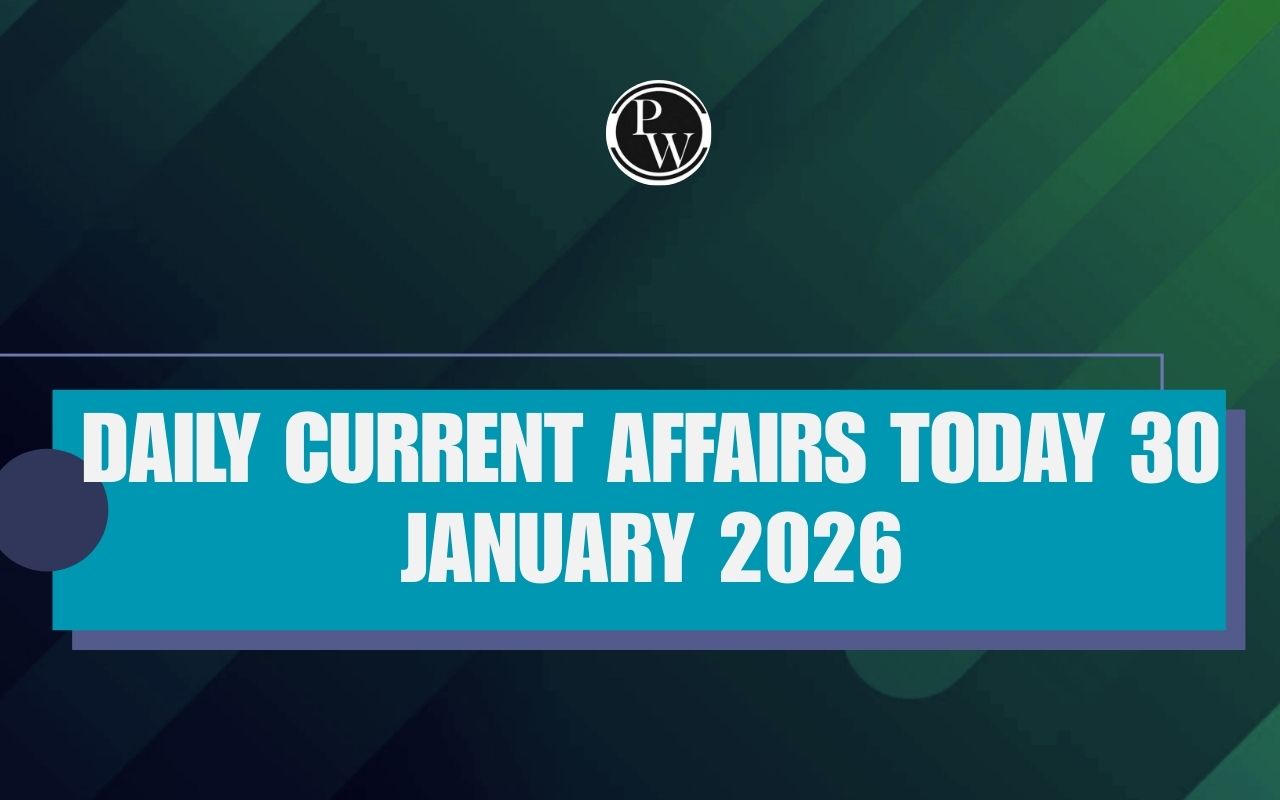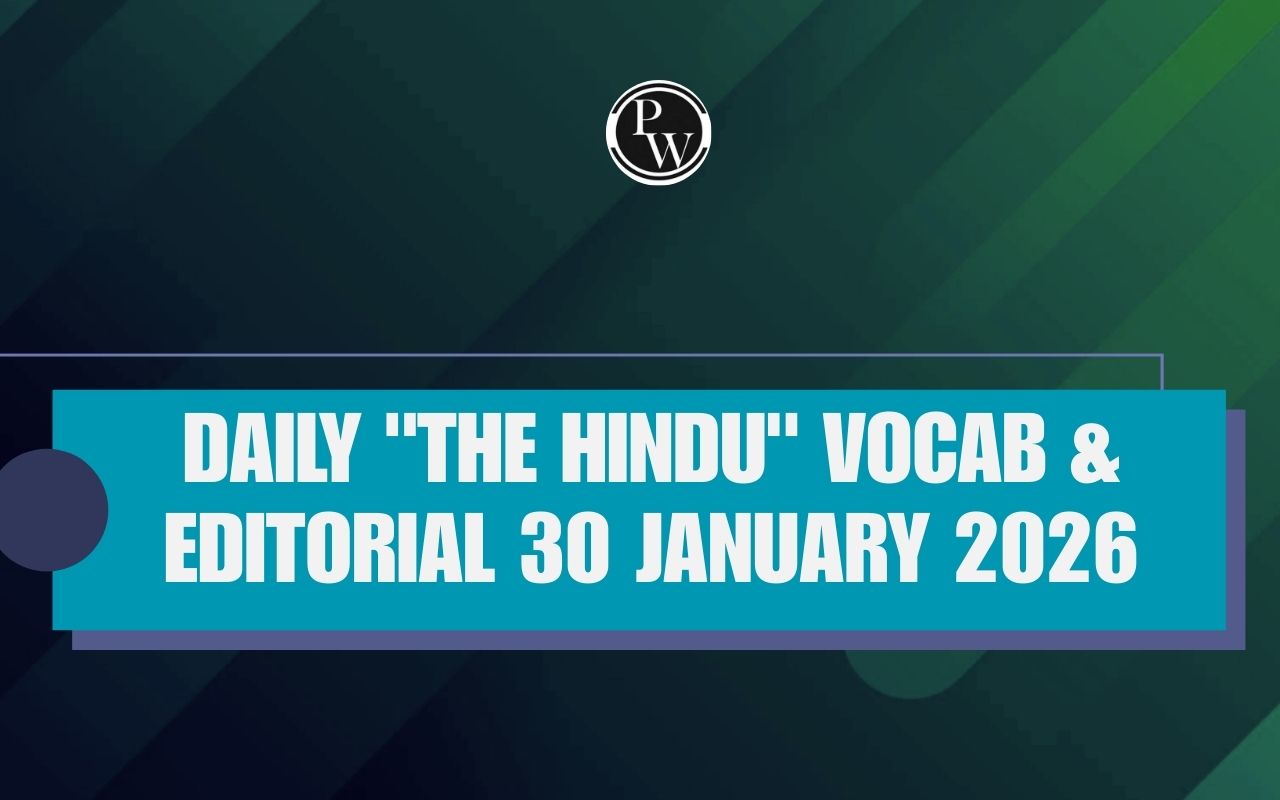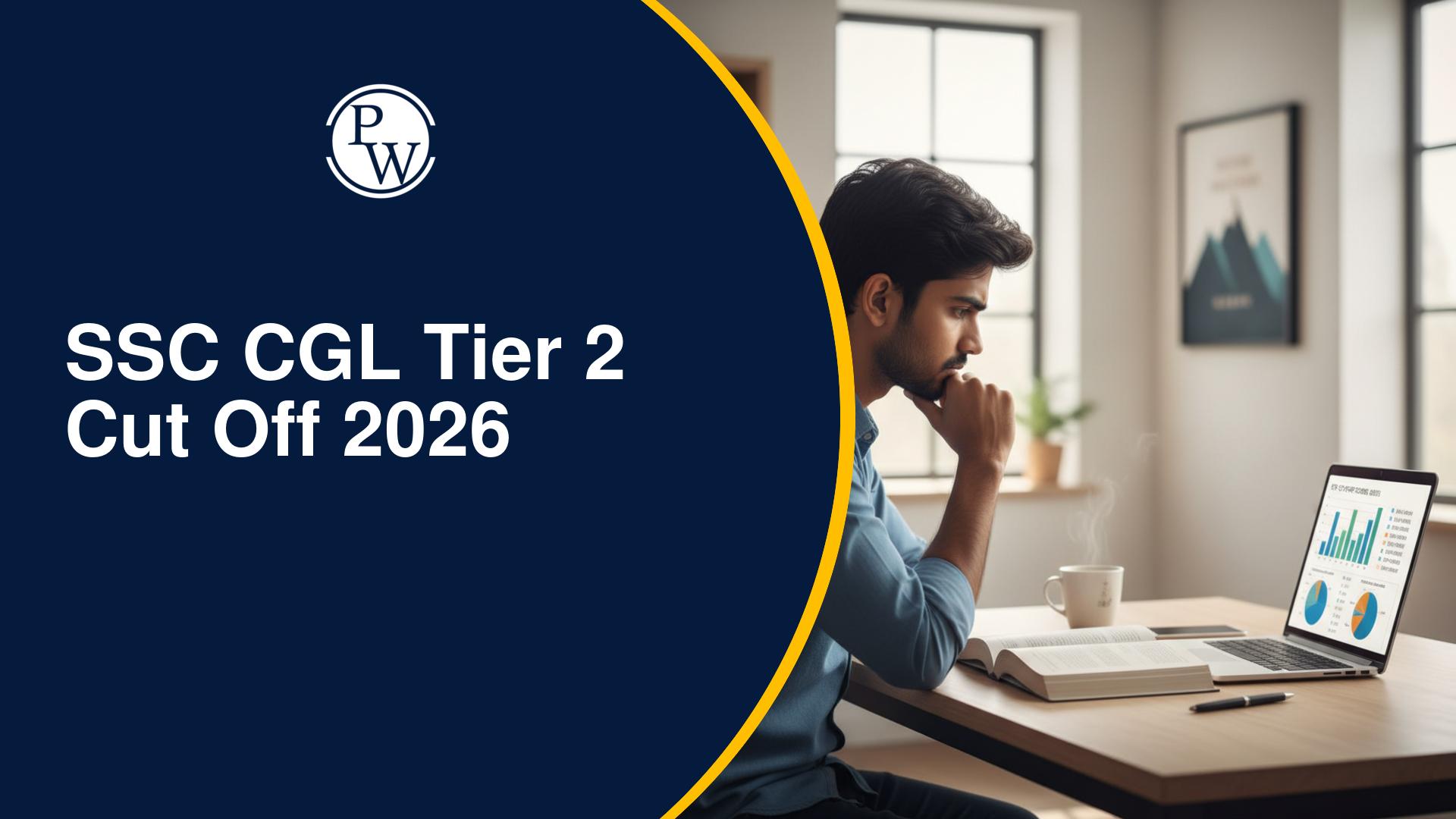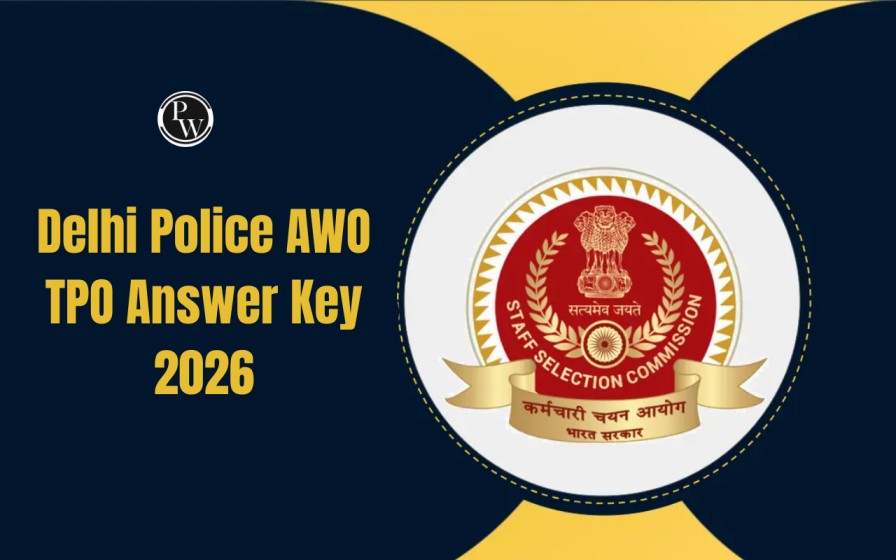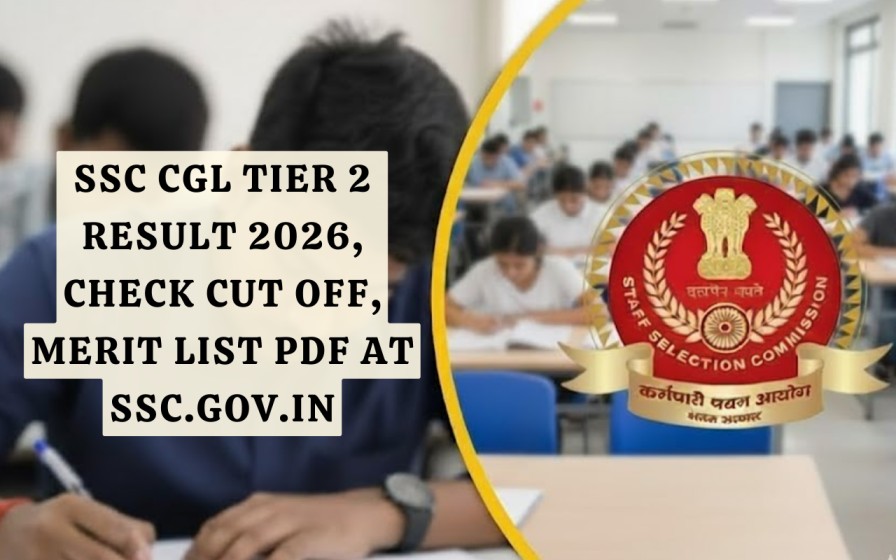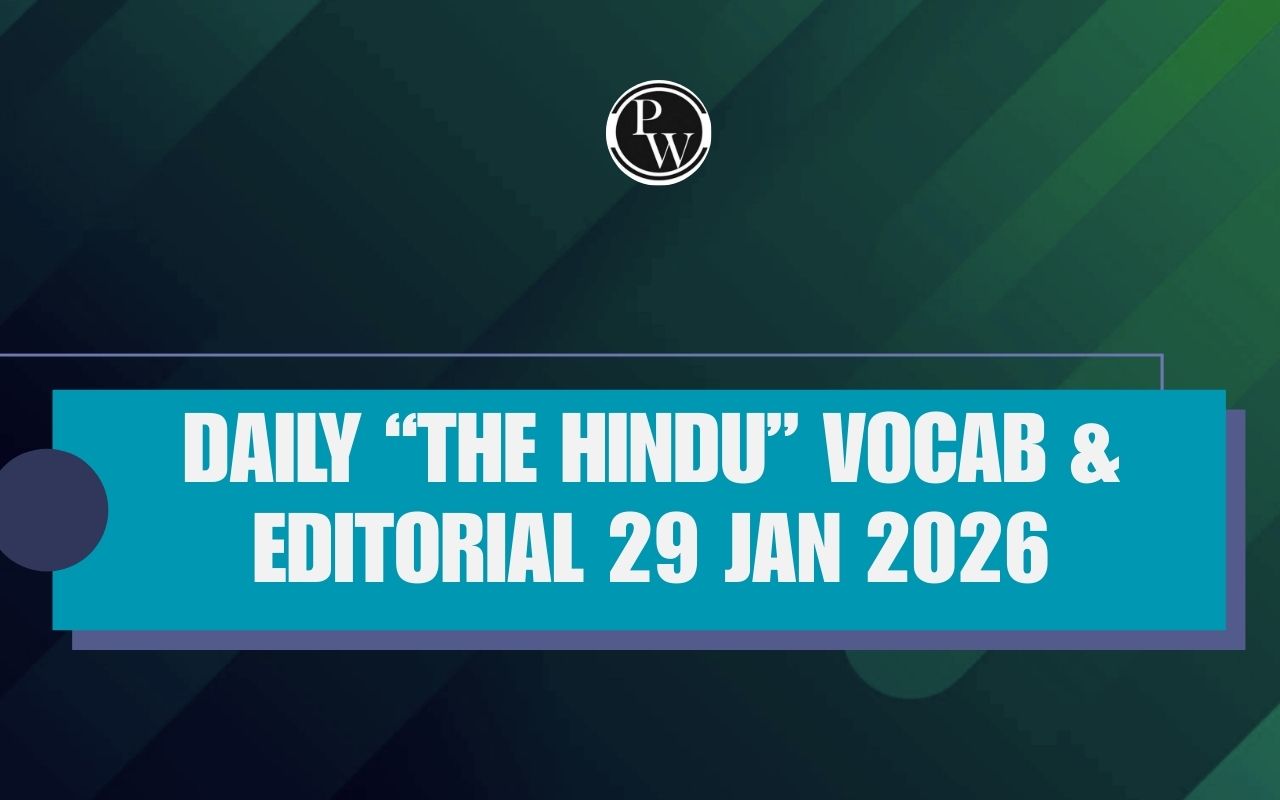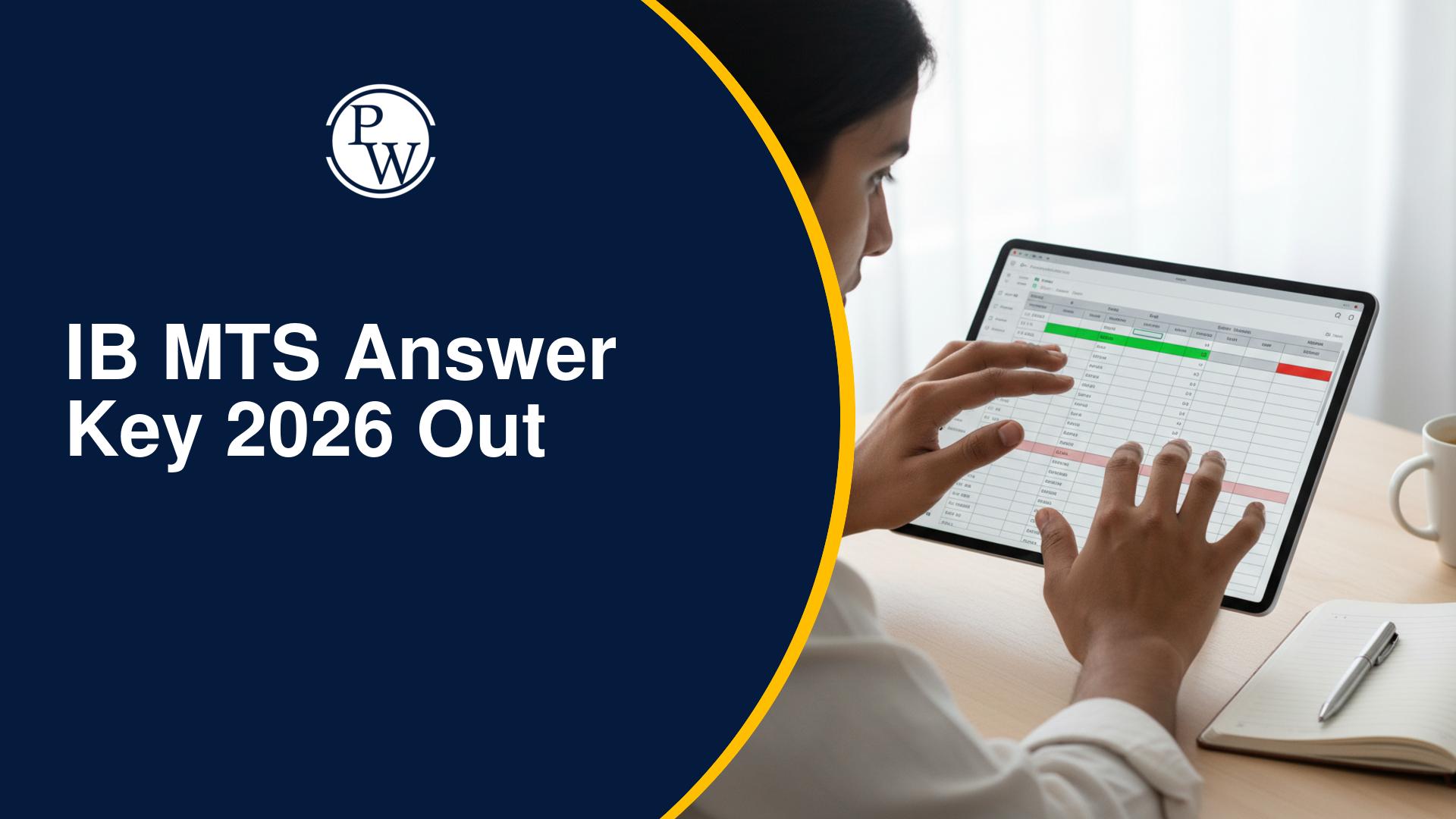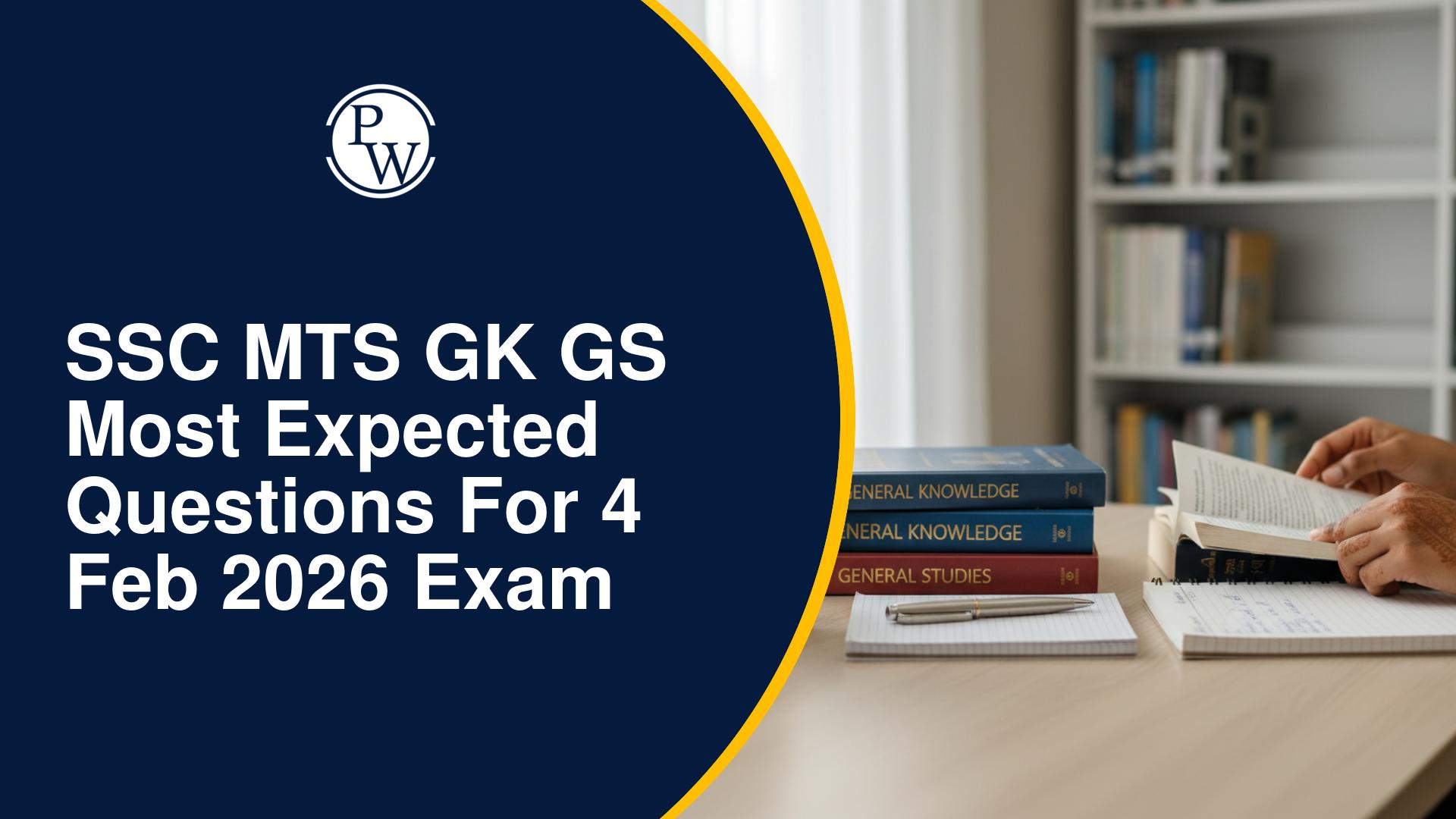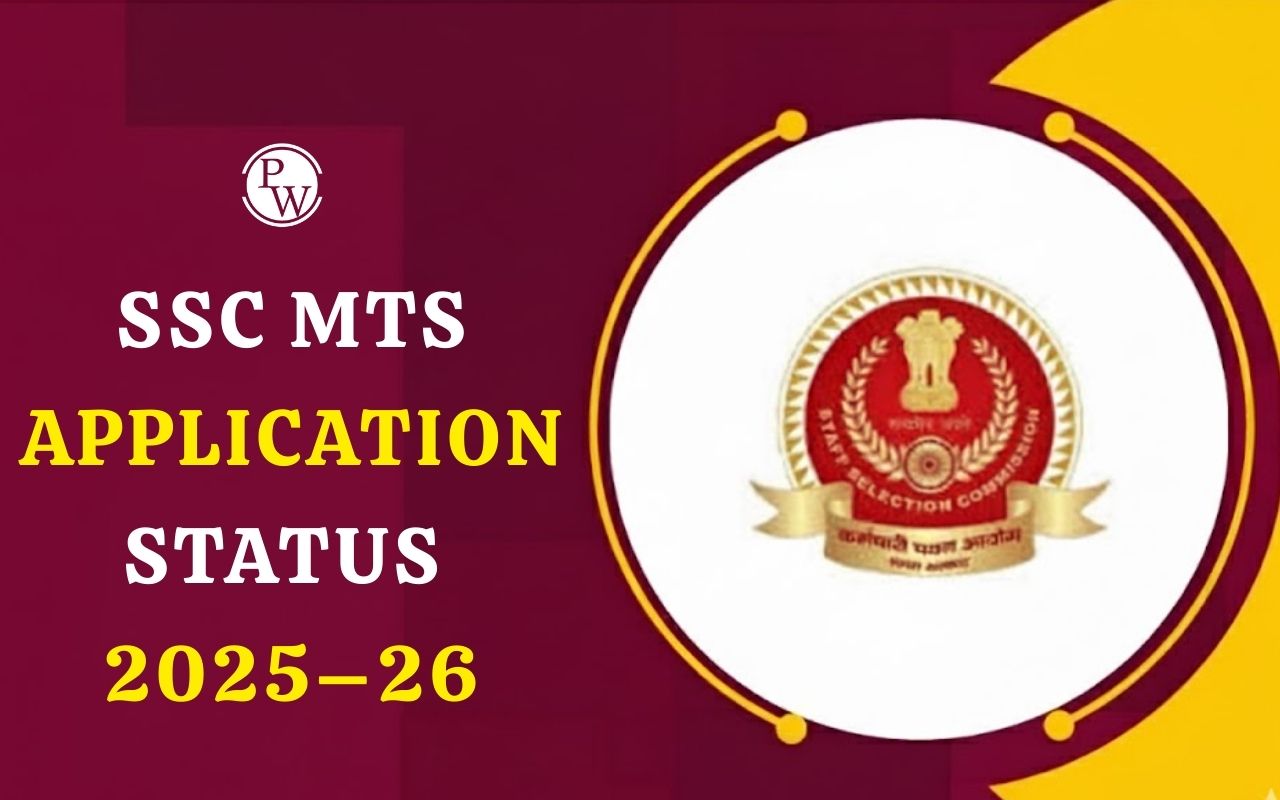
SSC CGL Reasoning Syllabus 2025 forms an important component of the selection process. Candidates preparing for the SSC Combined Graduate Level Exam must understand the reasoning syllabus in detail to score well in both Tier 1 and Tier 2. Reasoning tests a candidate's ability to think logically and analytically under time constraints. A structured preparation approach begins with understanding the complete syllabus and identifying high-weightage areas. Check the SSC CGL Reasoning Syllabus 2025, topic-wise distribution, difficulty levels, and preparation tips to help you in this section below.
Also Read: SSC CGL 2025 Postponed
SSC CGL Reasoning Syllabus 2025
In the SSC CGL exam, the reasoning section is referred to as General Intelligence and Reasoning. It evaluates your capacity to solve problems logically using both verbal and non-verbal forms of reasoning. The reasoning syllabus is consistent across Tier 1 and Tier 2 exams, although the difficulty level is higher in Tier 2. This section is scoring and time-efficient for well-prepared candidates. Candidates can check the SSC CGL Reasoning Syllabus overview below:
|
SSC CGL Reasoning Syllabus Overview |
|
| Recruitment Authority | SSC |
| Exam Name | SSC CGL |
| Category | SSC CGL Reasoning Syllabus |
| Questions Asked from Reasoning Section | Tier 1 - 25 and Tier 2 - 30 |
| Official Website | ssc.gov.in |
SSC CGL Syllabus for Reasoning
Get the details of the SSC CGL Syllabus for Reasoning from the table provided below.
|
SSC CGL Reasoning Syllabus 2025 |
|
| Sections | Topics |
| Reasoning Syllabus |
|
SSC CGL Reasoning Syllabus 2025 for Tier 1
SSC CGL Tier 1 examination includes 25 reasoning questions, carrying 50 marks in total. Each question is worth 2 marks, and there is a penalty of 0.50 marks for every incorrect answer. The questions are moderate in difficulty and are designed to test your quick-thinking skills. Below is the list of important reasoning topics included in SSC CGL Tier 1, along with their expected number of questions:
| SSC CGL Reasoning Syllabus 2025 for Tier 1 | |
|
Topic |
Expected Questions (Tentative) |
|
Analogy |
2–3 |
|
Classification |
2–3 |
|
Coding-Decoding |
2–3 |
|
Matrix |
1 |
|
Word Formation |
1–2 |
|
Venn Diagrams |
1–2 |
|
Direction Sense Test |
1–2 |
|
Blood Relations |
1–2 |
|
Series (Alphabetical/Number) |
2–3 |
|
Missing Number |
1–2 |
|
Non-Verbal Reasoning (Figures) |
2–3 |
|
Embedded Figures |
1 |
|
Mirror and Water Images |
1–2 |
SSC CGL Reasoning Syllabus 2025 for Tier 2
In Tier 2, reasoning questions appear in Paper 1, Section I, under the General Intelligence and Reasoning category. This section contains 30 questions for 90 marks. The complexity of the questions is higher compared to Tier 1, and candidates need strong conceptual clarity and quick problem-solving skills. The structure is designed to test reasoning abilities using a combination of verbal and non-verbal formats. Each question in Tier 2 carries 3 marks, with a penalty of 1 mark for every incorrect response.
Topic-Wise Weightage in SSC CGL Reasoning Syllabus 2025
To help with focused preparation, here’s the weightage of reasoning topics for both Tier 1 and Tier 2 based on past year trends:
| Topic-Wise Weightage in SSC CGL Reasoning Syllabus 2025 (Tentative) | ||
|
Topic |
Tier 1 Weightage |
Tier 2 Weightage |
|
Series |
2–3 Questions |
3–4 Questions |
|
Analogy |
2–3 Questions |
2–3 Questions |
|
Classification |
2 Questions |
2 Questions |
|
Coding-Decoding |
2–3 Questions |
3 Questions |
|
Blood Relations |
1–2 Questions |
2 Questions |
|
Non-Verbal Reasoning |
3–4 Questions |
3–4 Questions |
|
Puzzle/Arrangement |
1–2 Questions |
3 Questions |
|
Syllogism |
1 Question |
2 Questions |
|
Direction Test |
1 Question |
2 Questions |
Preparation Tips for SSC CGL Reasoning Section
To score high in the reasoning section, follow these strategies:
Strengthen Core Concepts
Start your preparation by understanding the fundamental logic of each topic. Avoid simple learning and focus on how to apply rules in multiple question types.
Practice Daily with Timed Sessions
Consistency is critical in reasoning section. Dedicate at least one hour daily to practice different types of questions with a timer to build speed and accuracy.
Take Sectional Mock Tests
Attempt regular mock tests focused only on reasoning. Analyze your performance after each test to identify weak areas.
Use Shortcuts Only After Clarity
Do not rely on shortcuts without understanding the basics. Once you are clear with the concept, use tricks to save time.
Revise Frequently
Maintain topic-wise notes and revise key formulas or patterns regularly. Make weekly revision part of your study plan.
PW provides SSC exam content, including SSC Exam Blogs, sample papers, mock tests, guidance sessions, and more. Also, enroll today in SSC Online Coaching for preparation.
SSC CGL Reasoning Syllabus 2025 FAQs
What are the topics for SSC CGL Reasoning Syllabus?
What is the weightage of the General Intelligence section in the SSC CGL ?
Is there is negative marking in reasoning section in SSC CGL exam?

